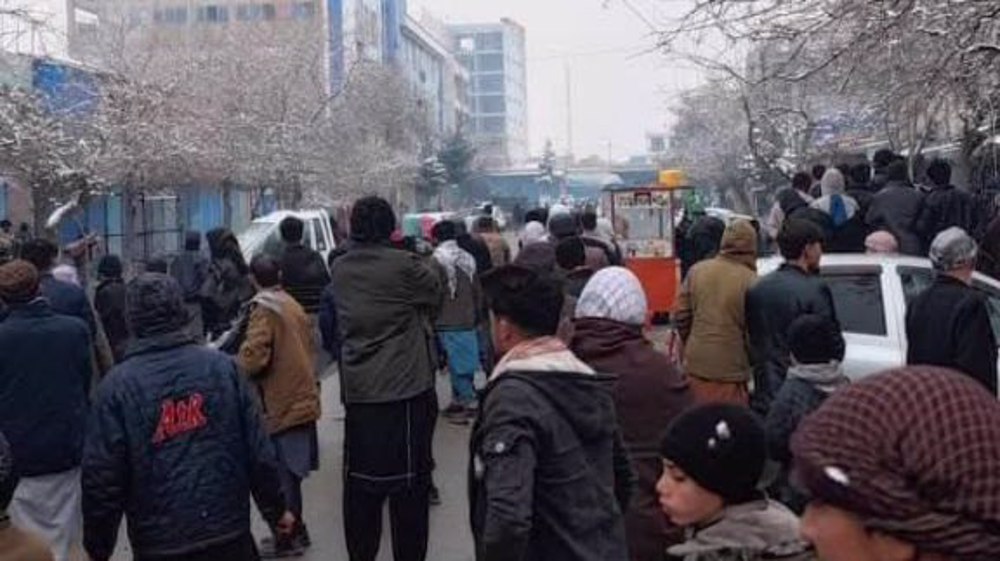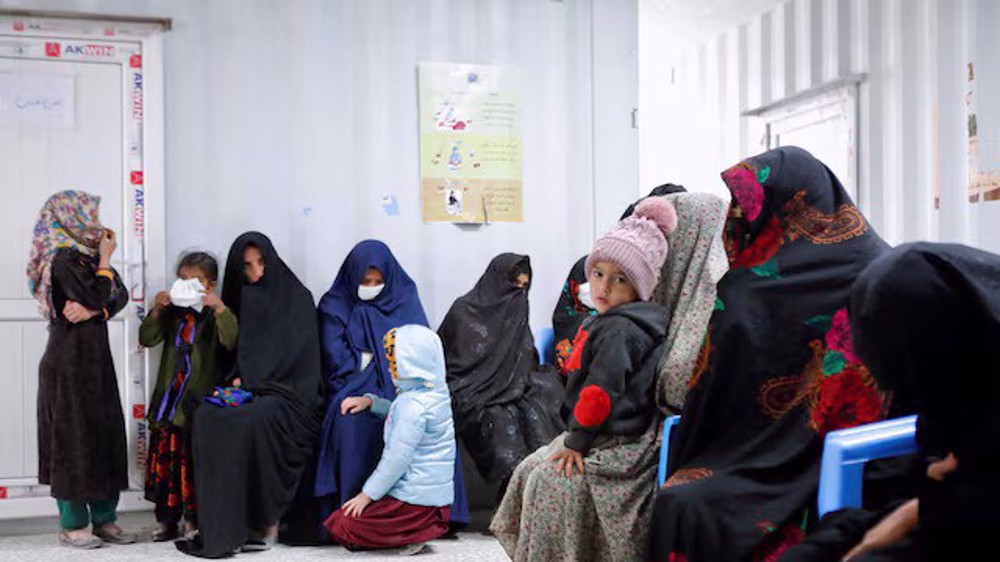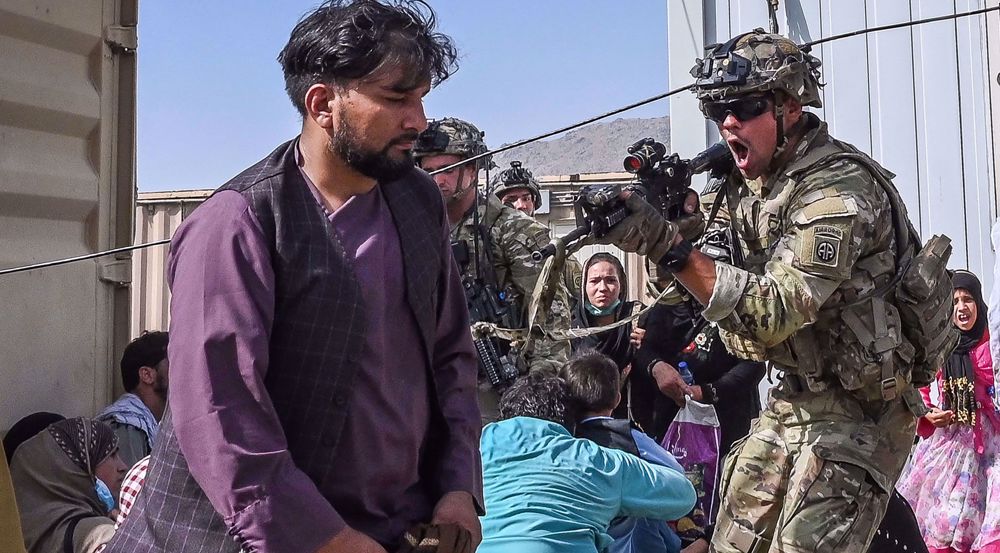In blocking funds, US ‘stealing’ Afghan assets to compensate 9/11 claimants: Taliban
The Taliban government in Afghanistan has condemned as "theft" and a sign of "moral decay" a recent decision by the United States to use billions of dollars of frozen Afghan assets to compensate the claimants of the September 11, 2001 attacks.
The White House announced on Friday that the administration of US President Joe Biden plans to block half of the $7-billion Afghan funds frozen in the US banks to distribute among the families of the victims of the 9/11 attacks on American soil.
Washington also claimed that the other half would be allocated for humanitarian aid to Afghans suffering from the dire situation following the Taliban's assuming of power in Afghanistan in August 2021.
Suhail Shaheen, the Taliban’s designated representative to the United Nations (UN), called for the entire amount to be unfrozen and kept under control of the Afghan Central Bank.
"The reserve is the property of the Afghanistan Bank and by extension, the property of the people of Afghanistan. We want the unfreezing of the entire amount as a reserve of the Afghanistan Bank," Shaheen said.
The spokesman of the Taliban’s Doha office also blasted the US move in a tweet, saying, "Stealing and takeover of frozen money which belongs to the Afghan people by US shows the lowest level of human and moral decline of a country and a nation."
The Biden administration has frozen the assets belonging to the Afghan Central Bank since the withdrawal of its occupation forces from the country in August 2021. The International Monetary Fund (IMF) and the World Bank have since then suspended activities in the war-ravaged country.
Many of the US allies and Western governments have also largely suspended their financial assistance to Afghanistan since the US troop withdrawal and the Taliban takeover.
Aid agencies and the UN have estimated that more than half of Afghanistan’s 38 million population is expected to face hunger this winter.
The Friday decision by the US to block Afghan funds came as United Nations Secretary General Antonio Guterres warned on Wednesday that Afghanistan “is hanging by a thread," as millions struggle to survive and with education and social services on the brink of collapse.
Guterres called for the release of frozen aid funds, warning that more than half of all Afghans face "extreme levels of hunger" and "some families are selling their babies to purchase food.”
Almost five months after the US-led international coalition hastily abandoned the South Asian country, millions of Afghans are on the brink of starvation, with no food and no money.
The Taliban’s return to power came as the US was in the middle of a chaotic troop withdrawal from Afghanistan.
The group announced the formation of a caretaker government on September 7, but their efforts to stabilize the situation have so far been undermined by international sanctions, as banks are running out of cash and civil servants are going unpaid.
On Friday, the World Health Organization said a raging measles outbreak in Afghanistan infected tens of thousands and killed more than 150 people last month alone, warning of more deaths.
Measles is a highly-contagious disease caused by a virus that attacks mainly children. The most serious complications include blindness, brain swelling, diarrhea, and severe respiratory infections.
The UN health agency said the outbreak was particularly concerning since Afghanistan is facing massive food insecurity and malnutrition, leaving children far more vulnerable to the highly contagious disease.
"Measles cases have been increasing in all provinces since the end of July 2021," WHO spokesman Christian Lindmeier told reporters in Geneva.
He said cases had surged recently, ballooning by 18 percent in the week of January 24 and by 40 percent in the last week of the month.
In all, 35,319 suspected measles cases were reported in January, including 3,000 that were laboratory confirmed, and 156 deaths. Ninety-one percent of the cases and 97 percent of the deaths were children under the age of five.
Lindmeier stressed that the measles-related deaths were likely underreported and the numbers were expected to swell.
"The rapid rise in cases in January suggests that the number of deaths due to measles is likely to increase sharply in the coming weeks," Lindmeier said.
The United Nations has warned that half the country is threatened with food shortages.
"Malnutrition weakens immunity, making people more vulnerable to illness and deaths diseases like measles, especially children," Lindmeier said.

Deadly bombing attack targets Taliban ministry building in Kabul

Daesh claims deadly bombing attack in northern Afghanistan

UN warns of rise in maternal deaths in Afghanistan due to US funding pause
‘End to violence’: Iran welcomes PKK leader’s call for group to drop weapons, disband
Over 120 Hezbollah fighters martyred in Israeli invasion laid to rest in south Lebanon
Iranian U-27 skiers scoop one gold, three bronze medals in China’s Alpine
Rights group: Palestinians ‘endure shocking atrocities’ in Israeli jails
Schools destroyed: 100,000 Gaza students enroll for new academic year
South Africa, Malaysia, Colombia to block ships carrying arms for Israel
Trump extends Russia sanctions ahead of meeting with Zelensky
Minister: ‘Imported elements' seeking to create chaos in southeast Iran








 This makes it easy to access the Press TV website
This makes it easy to access the Press TV website